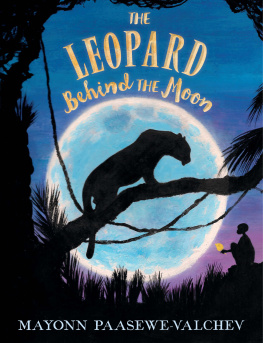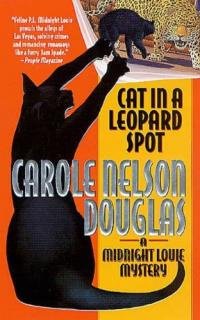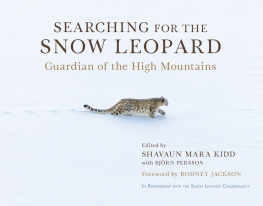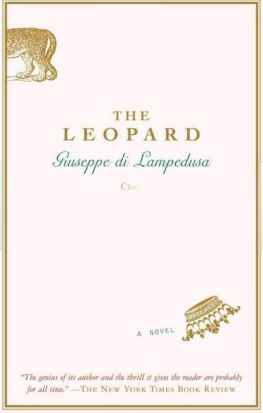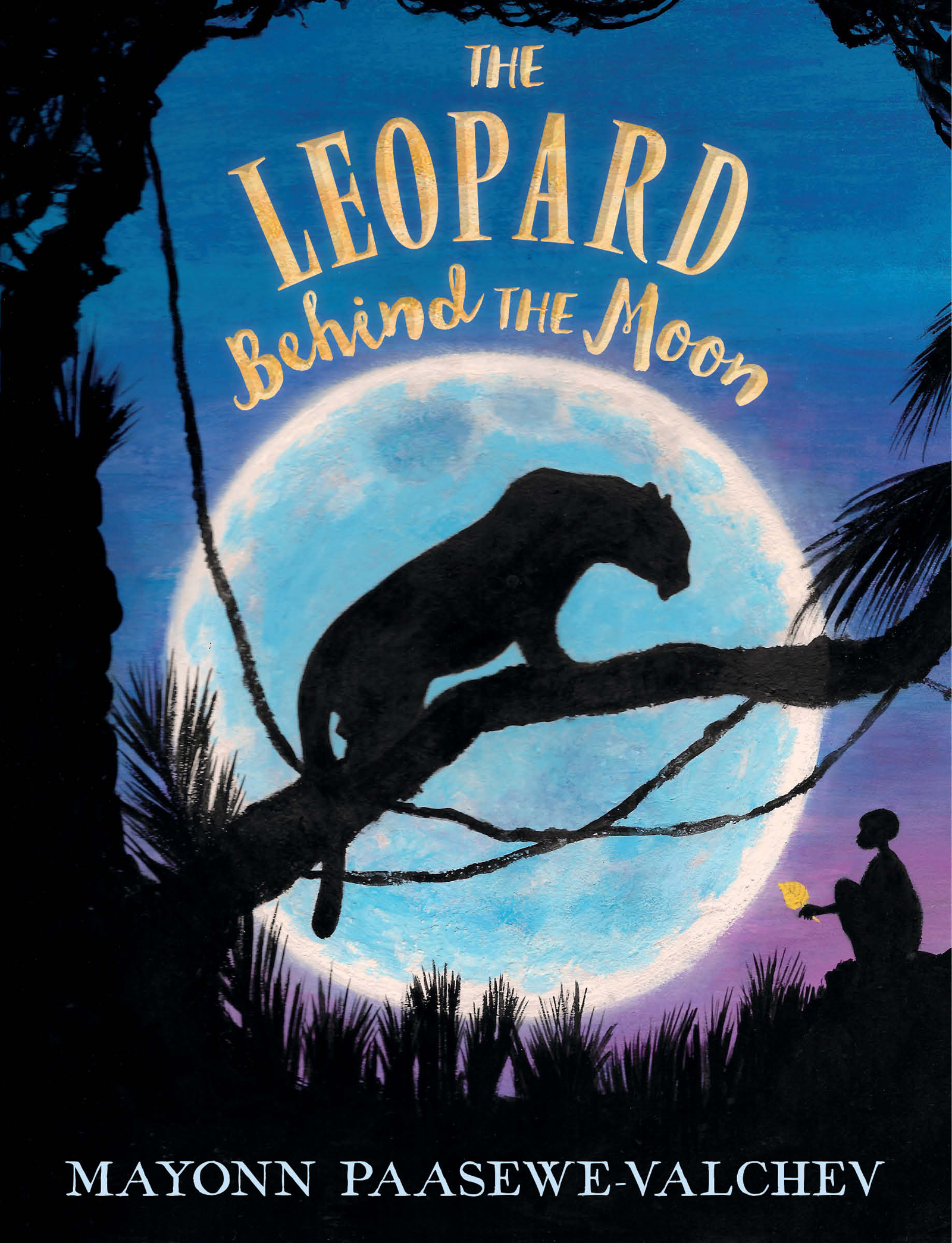
To All the children of the world.
You are Loved.
Table of Contents
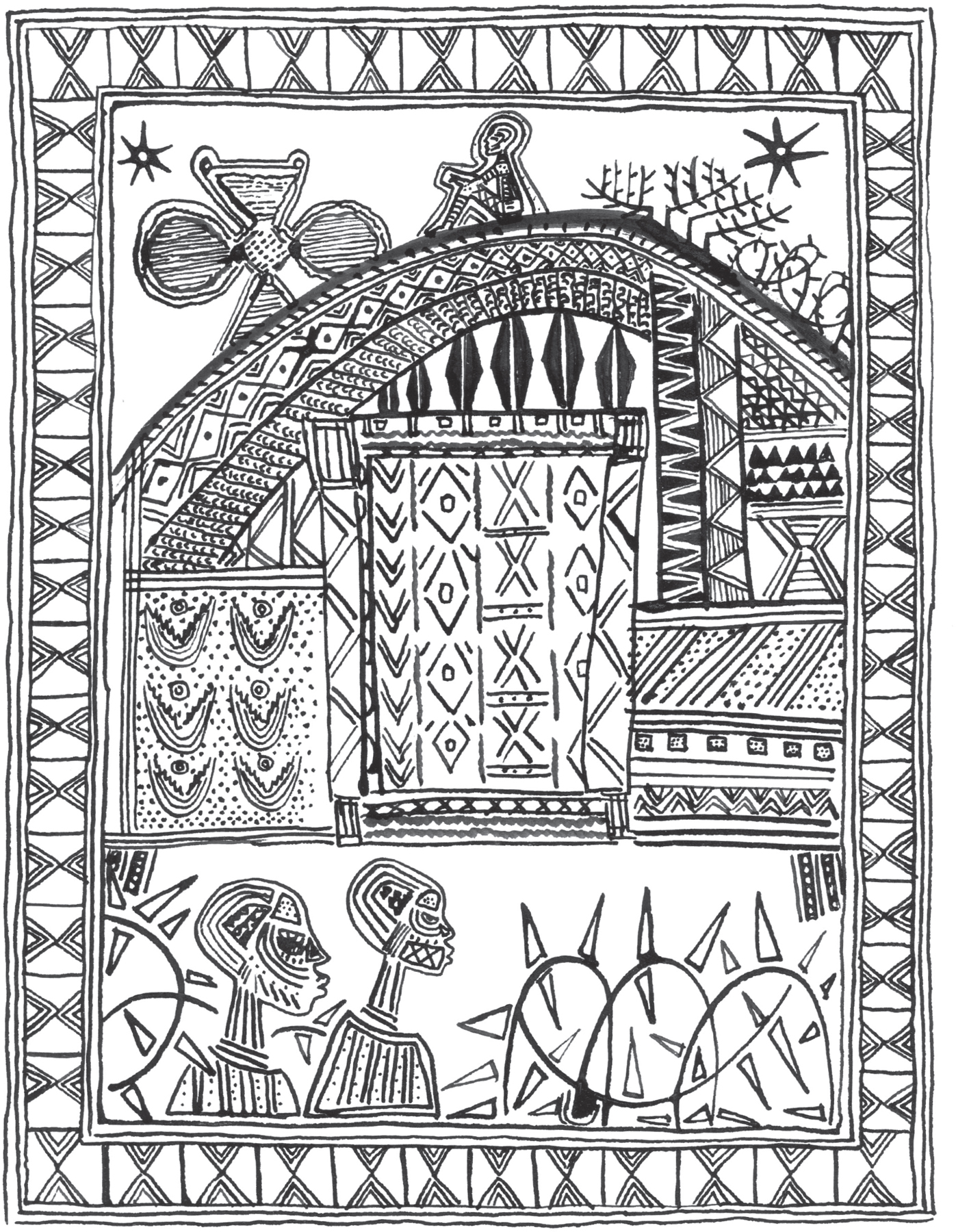
Long before you were born, or perhaps it was long after you had departed, there was a village. This village, which was called Sesa, was burrowed deep in a tropical forest. The village was at the edge of a swamp where sweet thorn trees flourished and formed a hedge no one could pierce. Nestled in the hedge was a rotten door bruised with moss.
Beyond the door stood a dim grove where marula trees, their trunks smothered by climbing plants, crisscrossed over a narrow dirt path carved into the red earth. Twisting and curving, the path eventually led to the heart of the forest. And there the sounds of baboons swinging from trees, wild pigs chasing young impalas, and geckos scurrying across the grass melded with the muffled voices of children playing.
The dirt path continued on and finally stopped at a round plot of dusty red land where years earlier, the villagers had cleared the trees and bushes to construct the largest hut known to mankind: the Palaver Hut. This hut had no walls, and the roof was made from palm branches held up by thick bamboo sticks stationed in the ground. They say the villagers worked five straight days without stopping to eat or sleep to build that hut.
Under the Palaver Hut, women wearing colorful lappas with matching head wraps cooked and quarreled. Some of them dropped chunks of red meat and leafy greens into colossal iron pots. Others stirred rice with long wooden spoons. A few of the women sat on wicker benches and peeled yams. Some pounded cassavas in mortars.
Surrounding the Palaver Hut were tall fever trees with sprawling branches that cast a shadow over the young children playing hide-and-seek and the chickens searching for beetles and locusts to eat. On these towering fever trees, the talking kingfisher birds perched and listened to the women, their eardrums sharpened for news to carry afar. On this day, it was Muna who was leading the quarrel.
First, we shall quarrel about the sleeping sun! Muna bellowed and dropped three pieces of fleshy meat into a boiling pot of water. Muna was the tallest woman in Sesa, and whenever she spoke, the other women had to stand on their toes and stretch their necks to see her face.
Yesterday, Muna continued, the sun slept so much we had to rely on the fireflies for light during the day.
De sun is getting lazy-o! shouted Chima from atop a bucket. Chima was the fussiest woman in Sesa, and so short that whenever she spoke, the other women had to bend their necks to see her face. She was also a terrible cook, and so she was the only woman in Sesa who wasnt allowed to boil a single grain of rice or toss a single piece of meat into any pot under the Palaver Hut. Embarrassed that she couldnt cook, Chima spent most of her days tormenting others by starting frivolous quarrels and then challenging her victims to a wrestling match to settle the argument.
If we dont do something about de suns laziness, Chima continued, we will be forced to live in darkness!
Grumbling and loud chatter filled the hut as the women talked among themselves and agreed that something had to be done soon about the suns laziness.
Do not worry, Muna said while flapping her hands to settle the crowd. I promise to go see the Elders tomorrow and lodge a complaint against the sun.
Managing to pacify the others with her promise, Muna went on: After we finish talking about the sun, we will quarrel about our declining crops.
The women nodded and murmured.
And when we finish talking about the sun and the crops, Muna continued, we will quarrel about something threatening our very existence.
A gasp escaped from somewhere in the crowd. Several women frowned. Others placed hands on their hips and tapped their feet. A few women twisted their mouths and rolled their eyes.
Muna took a deep breath and lowered her voice. We shall decide what to do about Ezomo.
Behind the Palaver Hut was a wide mud road that led to the main village compound. The villagers had named this main compound Passtru because it was built in the center of the town, and people had to pass through it to reach the rest of the village. The wide mud road, after passing through Passtru, led to the river, where each day the men of Sesa gathered on canoes made from hollowed tree trunks and rowed to the other side to discuss important affairs. Once on the far riverbank, they sat in rows under the palm trees and looked out over the village farm.
The front row was occupied by men with bald heads and gray beards wearing white robes: the Elders. They were the great-grandchildren of the men and women who had discovered Sesa long ago, so they held the highest rank in the village. They sat on wooden stools, while the other men sat on the red earth. Seated behind the Elders were hunters, fishers, and farmers holding spears, shovels, and whatever else they could bring to show their status. The load carriers, wood-carvers, and basket makers sat in the third row with small pride in their eyes since they didnt have to sit in the last row, which was reserved for men who, according to the Elders, lacked the talent and skill to contribute fully to the village.
On this day, Sao, the villages orator, was leading the meeting. He stood before the crowd and glanced at his palm. Written there in red dye was a single wordEzomo.
Men of Sesa! Sao shouted. This meeting is important-o.
E-hey! the other men replied in unison.
But before we talk, we must prepare our bellies, which if left hungry, will not support our throats when time comes to speak.
E-hey! the other men shouted, at which point Toba stood and dashed to a canoe to perform one of the few duties he was permitted to do since he had stopped speaking. No one knew what had caused Toba to stop speaking. One morning while standing in the doorway of his hut, hed attempted to greet his neighbors, but sound refused to leave his mouth. Some suspected witchcraft, some claimed a jealous spirit had stolen his voice, and some said his voice was merely resting.
The villagers had burdened their mouths for weeks with speculation about Tobas predicament, so their tongues were content to watch in silence the day the Elders ordered Toba and his family to leave Passtru and go to Noroad.
Noroad was the compound reserved for men and women with no talent or skill. The Elders had named it Noroad because it was on the outskirts of Sesa, and there was no road leading to it or from it. In Noroad, there were no mud huts, only flimsy shacks made from twigs and palm leaves. If you cant contribute fully, you have no business in a real hut, the Elders had said to Toba.
Before Toba lost his voice, he was a prominent hunter and had led many hunting adventures across the vast forest, venturing to places no other hunter dared to go. But the Elders had proclaimed that without words to give orders or words to teach others, Toba was of little use to the village.
Today, Toba returned from the canoe with a large pot, and inside of it was rice drizzled with palm oil and pieces of smoked fish. The pot was passed around for each man to grab a handful until the last grain was gone, at which time Sao licked palm oil from all ten of his fingers, wiped his mouth with the back of his hand, and began to speak.

